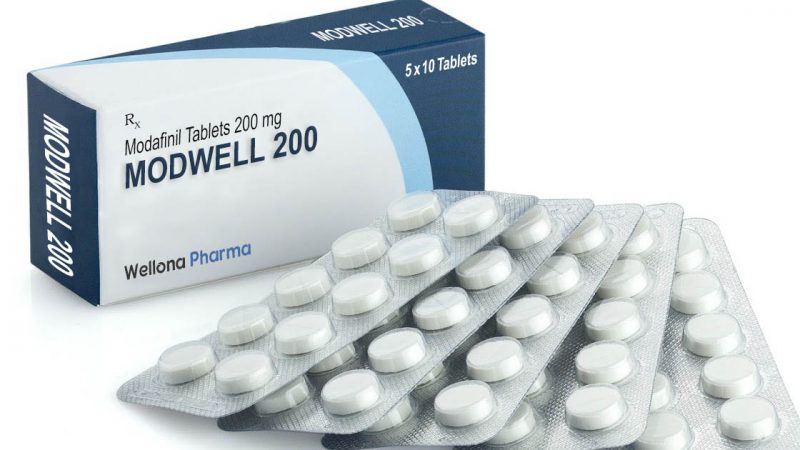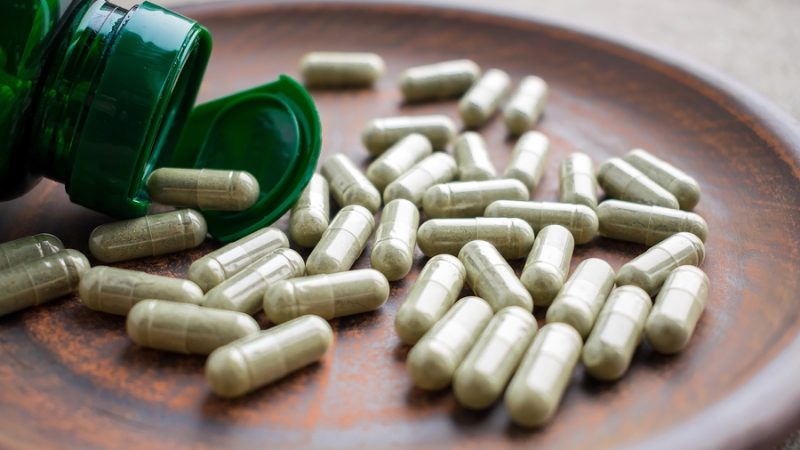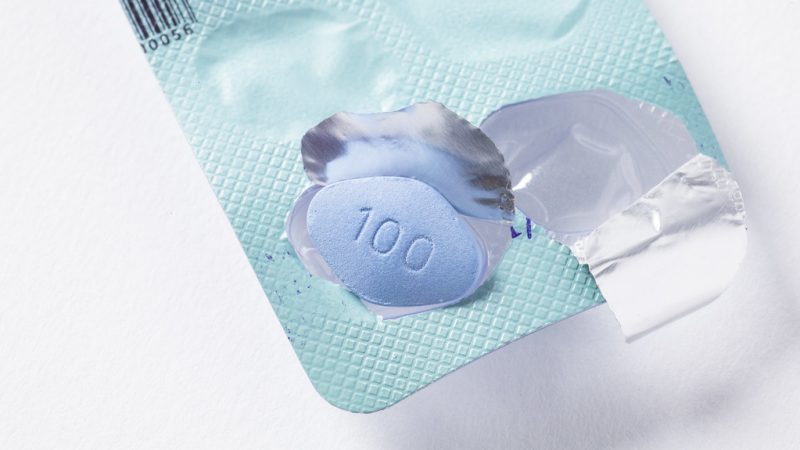6 Ways to Improve Psychological Wellbeing During Rehab

Rehabilitation is essentially conducive to minimizing the incapacitating effects of chronic health problems such as cancer, diabetes, or cardiovascular ailments. At a rehab center, people find equipment and guidance to strategize self-management and healthcare workers who address their pain and assist them with other complexities.
Rehabilitation provides you with the care you need to get back into your daily life activities after a life-altering experience. It helps you improve your mental, cognitive, and physical health, which you may have lost because of an injury, side-effect of a medication, medical treatment, drug addiction, or other diseases.
People usually associate rehab with drug therapy, as it is one of the most efficient treatment programs to get out of substance abuse. Research studies estimated a success rate of 45% for people in drug rehab, while 15% transfers to rehabilitation centers for continued treatment.
And, around 70% of people experienced success in complete detoxification of drugs and alcohols at rehab centers.
Many rehab centers in the U.S provide various facilities like detox, intensive outpatient and outpatient treatments, inpatient treatment, and partial hospitalization. Studies have also shown that the three most commonly abused drugs in the U.S are Marijuana, Cocaine, and Opiates.
As the number of drug abuse and addiction cases rises in the United States, rehab centers like the Delphi Health Group provide rehab services across several states like Florida, Maryland, California, New Jersey, etc.
These rehabilitation centers are also continuously working on finding ways to improve the wellbeing of their patients, including psychological health.
Let’s have a look at some of the ways to improve psychological wellbeing during rehab:
-
Incorporate Holistic Healing
A holistic approach in medical care refers to giving medical attention to both physical wellbeing and mental health. It includes providing treatment to the body, the mind and emotions or spirituality connected to it, and the environment around the patient.
For instance, a drug addict at the rehab centers needs healing to every principle of their life. They need to engage in activities that help them bring their spirits back into balance and the correct meaning behind their life so that they can avoid falling into helpless habits again.
Finding their true self will create a positive lifestyle for themselves and their families and eliminate wrongful cravings. Holistic healing is a procedure that prepares the person-in-treatment to deal with triggering situations more healthily.
-
Familiarize Relaxation Techniques
There are specific techniques that one can become a part of to eliminate constant cravings and improve psychological health. Relaxation activities like acupuncture, meditation, yoga, hypnosis, herbal therapies, and biofeedback are rehab services.
These practices help bring the desired tranquility and calmness to the brain, without an intake of harmful substances, and soothes the emotions. Having a serene mind helps in slowing down the breathing patterns, lessening muscle tension, lowering down stress levels and blood pressure.
There are some progressive relaxation techniques where the therapist helps with tightening and relaxing different muscles of their patients through breathing exercises and mental picturization. There is also guided imagery, where one learns to give attention to positive mind signals and try to stay focused on them.
These techniques become innate and help in dealing with challenging scenarios instead of relapsing.
-
Addressing Comorbid Issues
A situation where there is a chance of an individual having more than one diagnosable illness is clinically termed as comorbid. It is essential to acknowledge that patients could have multiple disorders and ailments at once at rehab centers.
Sometimes these disorders can be co-occurring, such as substance abuse disorder and mental health disorders. It means that for complete treatment, the rehab center is responsible for curing both the issues for their patient.
Hence, the person-in-treatment must receive formal diagnoses for mental health disorder; there’s almost a 50% chance of them having comorbid issues. There’s a higher chance of them relapsing if even one of the comorbid issues is left untreated; individuals with co-occurring disorders suffer more in marriage, career, and education.
It could increase the risk of suicide and suicidal thoughts in them, distressing them to the extent of hopelessness.
-
Encourage Social Functioning
During rehab, many people stay in isolation to avoid interaction with triggering factors. However, a significant aspect of complete recovery from substance abuse is maintaining health and a stable relationship.
Many of those admitted to rehab has been through enough traumatic and life-changing experiences to develop anti-social behavior and avoid engaging with others. Rehabilitation helps them gain social functioning by participating in social support groups and working with peers.
For instance, through 12-step groups, they make friends and find comfort in their company. They also become part of group therapy, sharing experiences and learning about others. It enhances their socializing and networking skills, making them realize that they are not alone in this and can rely on others.
It opens up a lively path to life for them, helping them excel in personal relationships.
-
Improve Physical Wellbeing
As we established before, holistic healing is essential for complete and wholesome recovery. And hence, physical wellbeing is also crucial to improve psychological health, as those are closely linked. Being physically active can reduce distress; science has proven that daily walk and exercise brightens the mood and negates depressive episodes.
Many rehab centers focus on providing physical training and exercise routines to their patients, as it helps in improving their mental condition. They are also strict about the sleeping schedules because, with enough sleep, there is a lesser chance of one becoming agitating.
And we know that annoyance and agitation are some significant reasons behind relapse. Quality sleep at night and timely naps during the day can help avoid mental health issues like depression and anxiety. Lastly, rehab centers have detailed and well-planned diets for their residents to live healthier lives.
-
Enhance Environmental Conditions
The environment of the rehab center needs to be safe and healthy to improve the psychological condition of the residents. Their work and occupation environment should also be stable to focus on and move towards a faster recovery.
Rehab centers can help them find ways to ensure their survival in challenging situations at work by allowing them a place to enhance their environmental condition. It would regulate a positive vibe and encourage them to seek comfort in their workplace to settle down in a better way.
Conclusion
Conclusively, rehab centers need to focus on complete caregiving for their residents as their thoughts and body are connected in every way possible. If the body isn’t healthy, the mind wouldn’t be at peace, and similarly, if their mental health is unstable, they will fall into unhealthy physical habits.
Having an improved psychological condition during recovery will ensure that they don’t relapse, and so, it is necessary to focus on all of the ways mentioned above.






